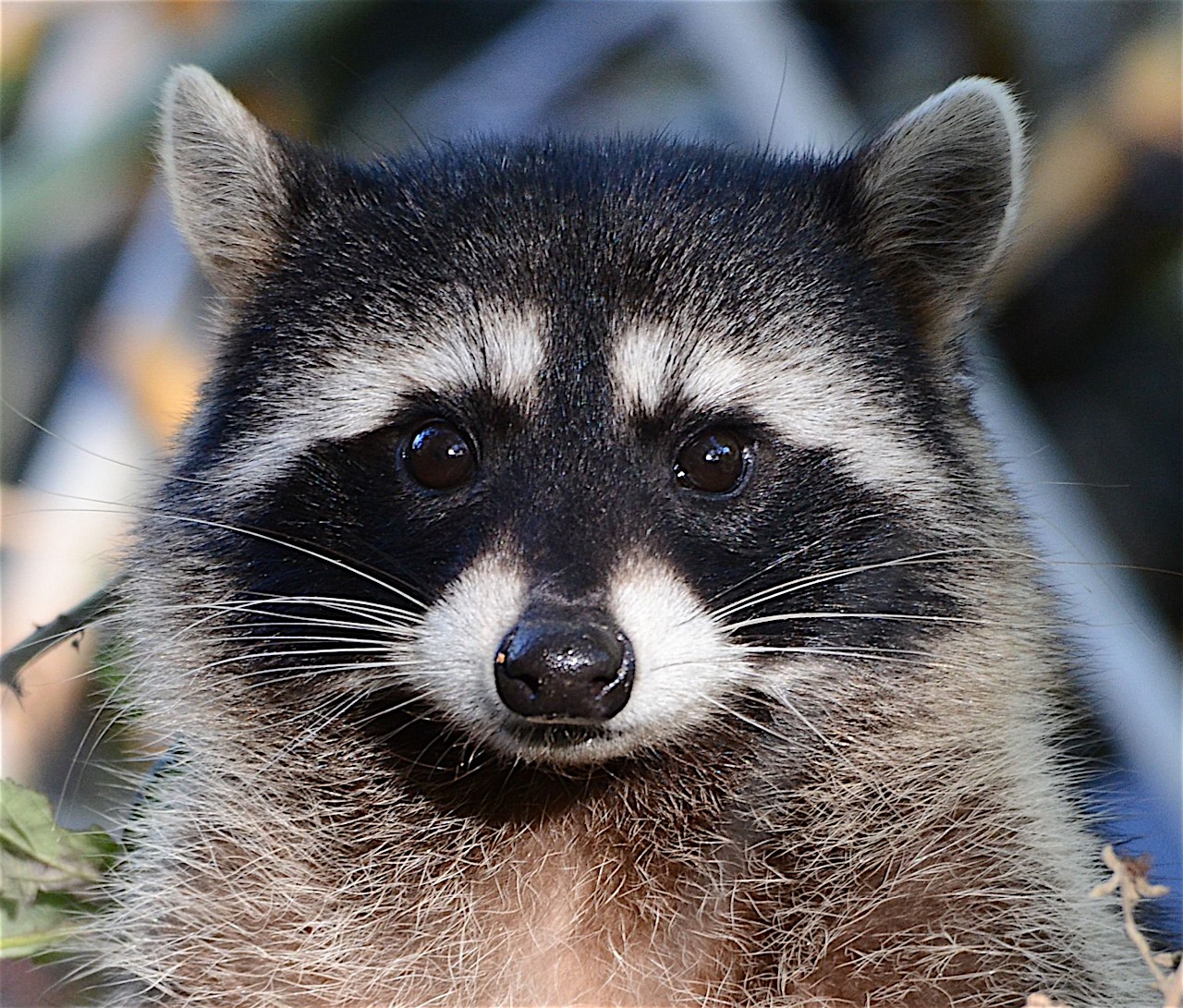
Image Source www.welcomewildlife.com
Introduction
Curious about the lifespan of those masked bandits known as raccoons? You’ve come to the right place! From their mischievous antics to their adaptability in various habitats, these creatures have fascinated humans for centuries. In this article, we will delve into the factors that influence the longevity of raccoons, debunk some common misconceptions, and provide you with valuable insights into their mysterious world.
So, how long can these intriguing creatures call our neighborhoods and natural landscapes home? The answer may surprise you. From their initial days as tiny, vulnerable kits to their twilight years as wise old raccoons, let’s uncover the secrets behind the lifespan of these captivating critters.
But before we dive in, let’s take a moment to understand the significance of a raccoon’s lifespan. By gaining insights into the various factors that contribute to their longevity, we can better appreciate and protect these intelligent creatures in our shared ecosystems.
Environmental Factors and Life Expectancy
When it comes to the lifespan of raccoons, genetics play a significant role. However, it’s essential to recognize that environmental factors also impact their longevity. These factors include habitat quality, food availability, competition, and exposure to human activities.
Raccoons residing in urban areas often face distinct challenges compared to their counterparts in natural environments. This exposure to human-altered landscapes can lead to a higher risk of accidents, such as encounters with vehicles or confrontations with domesticated animals. On the other hand, raccoons residing in more pristine habitats may have access to abundant food sources and face fewer dangers, resulting in longer lifespans.
Another influencing factor is the prevalence of diseases within raccoon populations. While they have developed a remarkable immune system, raccoons can still succumb to various ailments. For instance, raccoon rabies, a viral disease, can spread quickly and significantly impact the population’s lifespan. Additionally, raccoons can be susceptible to parasites, including roundworms and ticks, which can lead to health complications.
Common Misconceptions and the Truth
Dispelling misconceptions about raccoons’ lifespan is crucial for understanding these enigmatic creatures fully. One common myth is that raccoons are short-lived and only survive a few years in the wild. However, studies have shown that raccoons can live significantly longer than this perception suggests.
On average, raccoons in the wild have a life expectancy of 2 to 3 years. While this may seem brief, it represents the challenges they face as adaptable omnivores. Factors such as predation, disease, and competition for resources can limit their lifespan. Nevertheless, raccoons that overcome these hurdles may live much longer, with some individuals reaching 10 to 12 years or more.
In captivity, raccoons have the potential for an even longer lifespan. Under the right conditions, such as access to proper nutrition, veterinary care, and protection from natural threats, captive raccoons can surpass the average lifespan of their wild counterparts. Some individuals have been documented living up to 20 years in captivity, highlighting the impact of favorable living conditions on their longevity.
Protecting Raccoons for Future Generations
Preserving raccoon populations and ensuring their healthy coexistence with humans requires a multifaceted approach. By understanding the factors that contribute to their longevity, we can make informed decisions to protect their habitat, minimize human-wildlife conflicts, and reduce the spread of diseases.
Creating wildlife-friendly environments in our neighborhoods, such as providing secure garbage bins and limiting sources of food attractants, can prevent raccoons from engaging in destructive behavior and reduce their exposure to potential dangers. Education and awareness campaigns addressing the importance of wildlife conservation can also empower individuals to take action and foster a sense of responsibility towards these remarkable creatures.
Ultimately, the question of how long raccoons live leads us to appreciate the interconnectedness of all species in our ecosystems. As we strive for harmonious coexistence with nature, let us ensure that the masked marvels known as raccoons continue to thrive for generations to come.